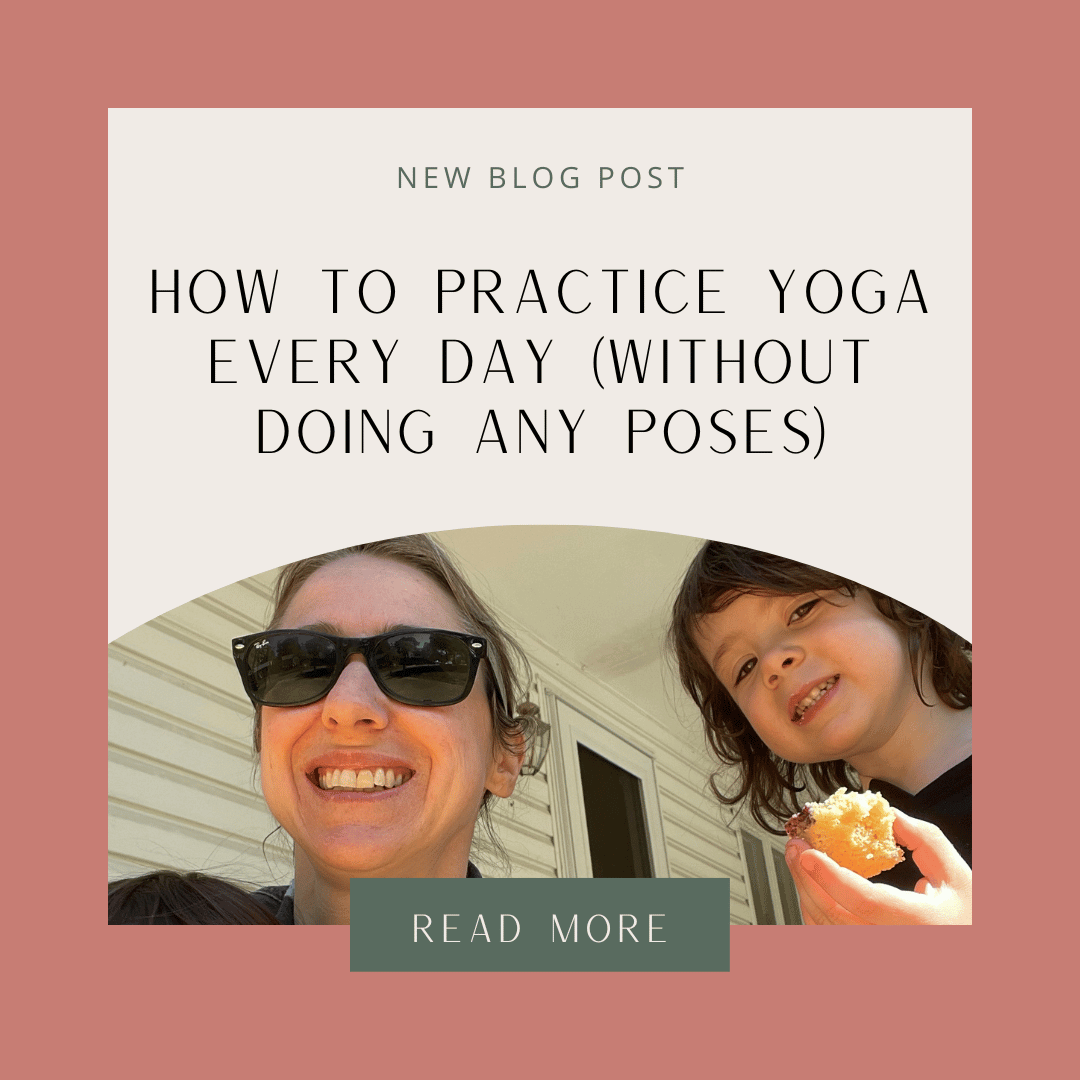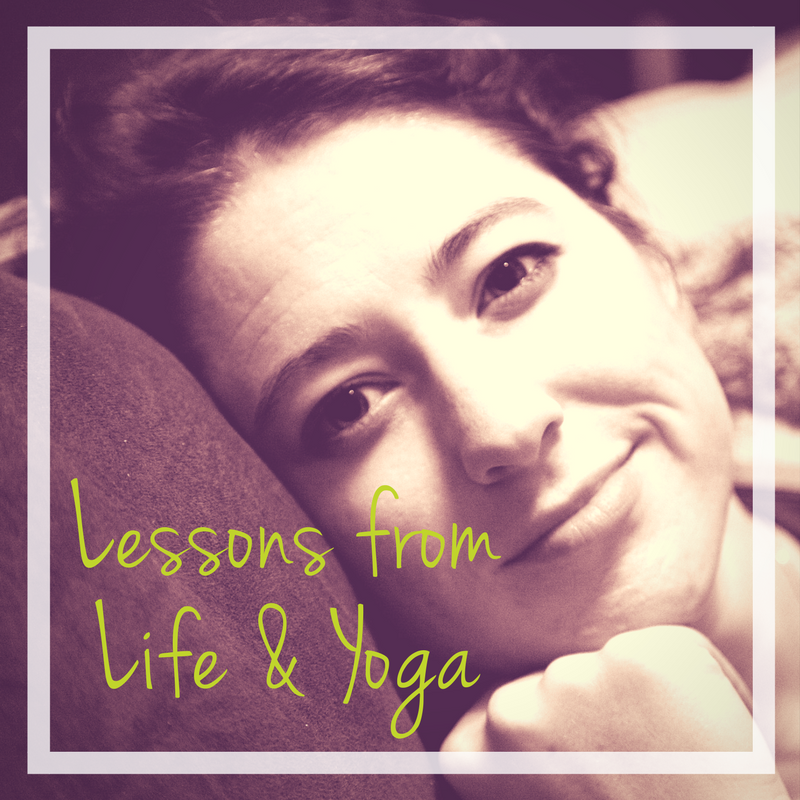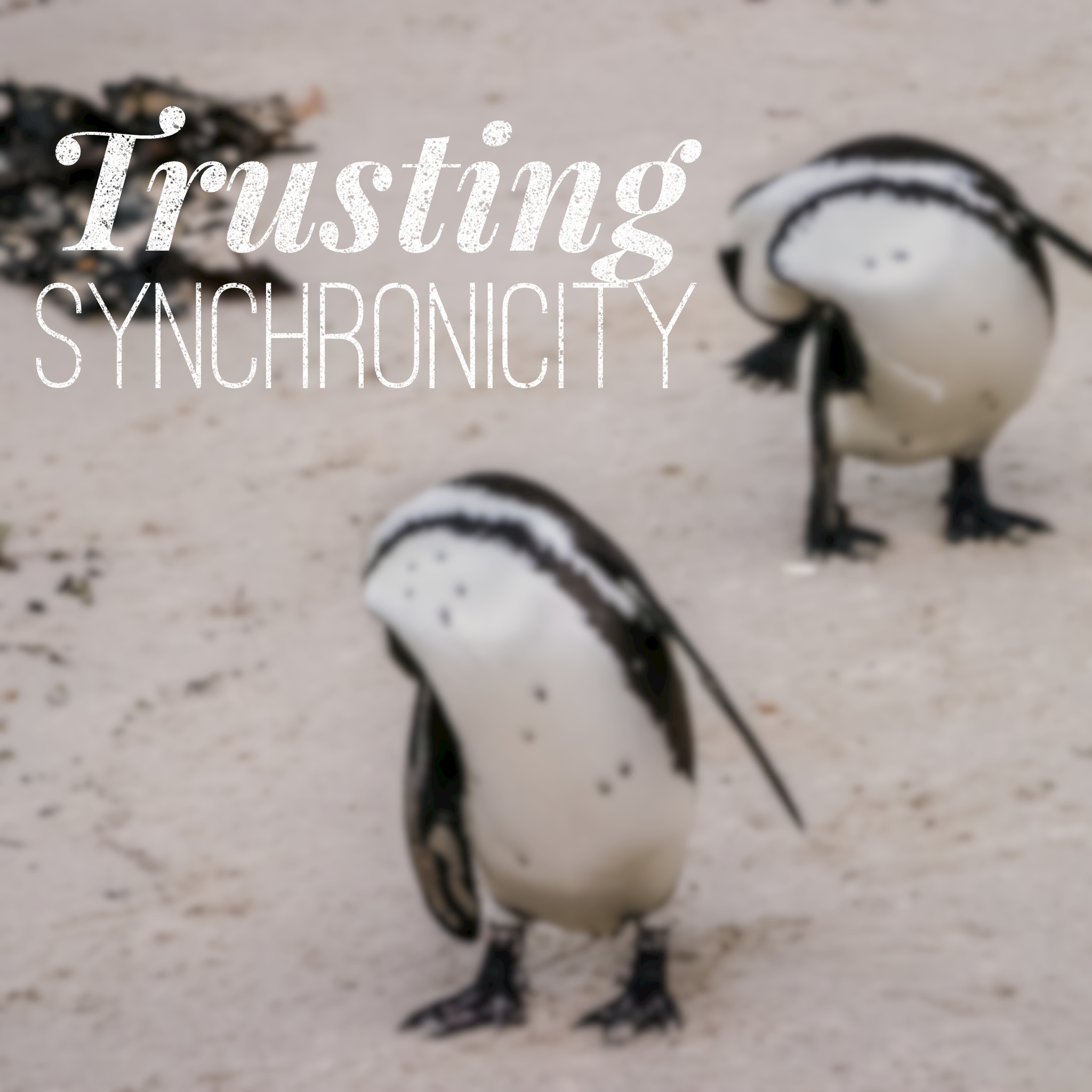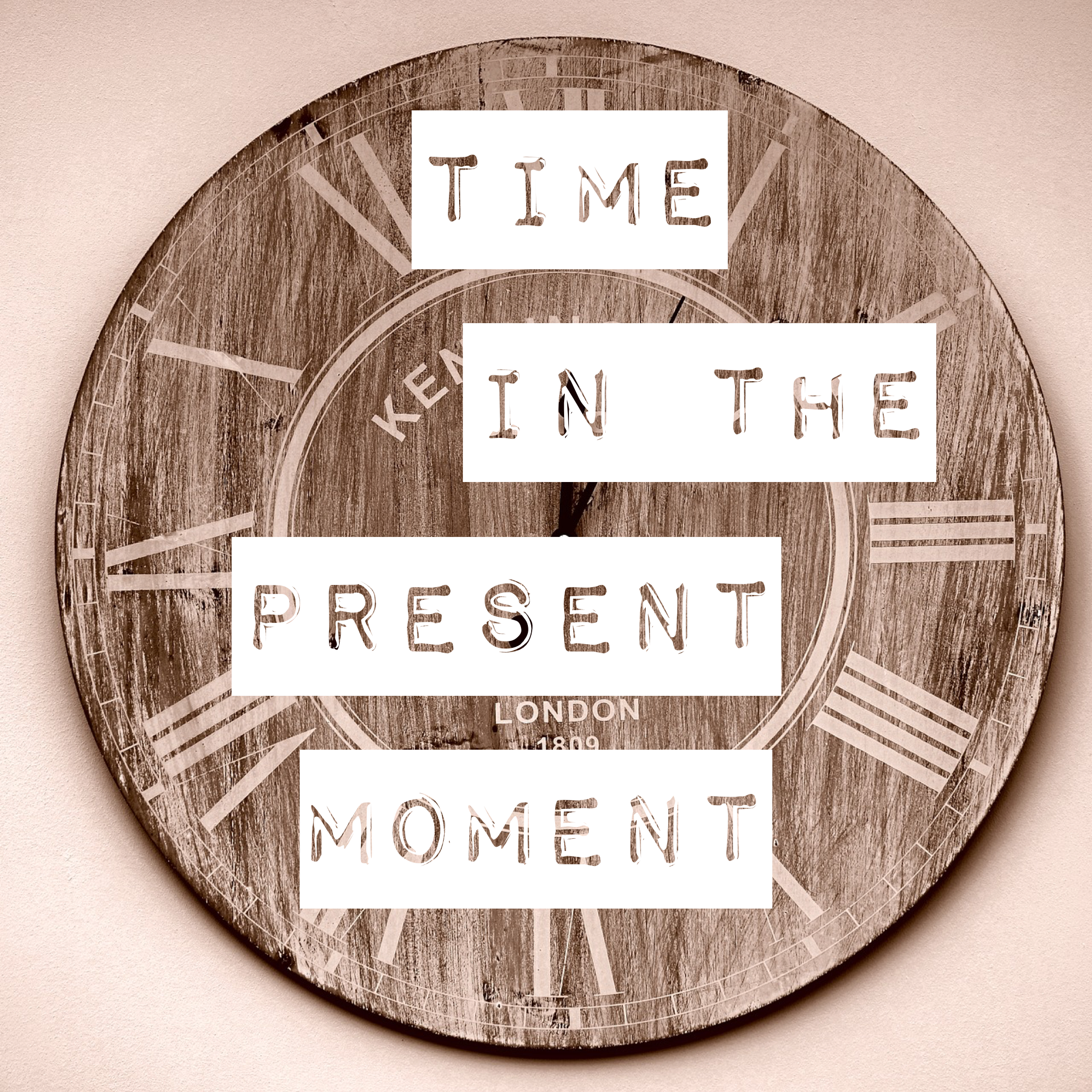As some of you may have heard over the past couple days, Scott Dinsmore, the founder of LiveYourLegend.net was killed this past weekend climbing Mt. Kilimanjaro. For those of you who don’t know of him, Scott was a “celebrity” of sorts in the online marketing world I came from. In that world, newsletter list size is king, and his newsletter list was in the hundreds of thousands (or so I’ve been told). He was vivacious, charismatic, genuinely cared about helping others, and was really, really, really good at what he did.
I flip-flopped on what to write today on the blog, but decided I need to write this post in tribute to Scott. His work was all about finding your passion and living life to the fullest, so I want to share and spread his message today here in hopes that if you’ve never heard of him before, you’ll check out his work or at least take a moment to reflect about your own passions and dreams today.
Why so many people love Scott
I met Scott once in person, but mostly knew him online and of him from my many online friends who ran around in his circle.
Although I wouldn’t consider hime a close friend, I would consider him a colleague. Although I never took his courses, I did download his free resources, read his blog, and kept tabs on what he was up to.
As the name of his blog describes, his work was all about finding your passion in life and, most importantly, taking action to make sure that passion became a reality.
Scott’s work and the way he thought indirectly impacted my own life path and trajectory. Knowing there was a voice out there championing following your dreams and supporting so many others to do just that helped me in those times when it felt like I was up against the world and all alone trying to make ends meet teaching yoga full-time.
Following your passion is hard.
That’s why so many of us don’t do it. If it was easy, we would all do work we love.
Some of us don’t know what our passion is and that can be terribly frustrating. I vividly recall a communication class I was in once back in my “corporate marketing” days. The instructor was asking us to think about what we were passionate about and then talk about that for five minutes to our partner. There was one particular student in the room, middle-aged, who was so flummoxed by the question “what’s your passion?” that he couldn’t complete the exercise because he had nothing to say. It saddened me that some people really can’t define what they’re passionate about.
On the flip side, sometimes there is a lot of pressure to be passionate in the first place. Some of us simply don’t express our passions in the same way, while others just haven’t been exposed to the type of cultural thinking about living life passionately that I’ve been steeped in for the past 5 years.
If I had not lived in Boulder, CO, I don’t think I would necessarily be “following my passion” right now. I don’t think I would have become a yoga instructor. I believe we need to have diverse experiences in our lives to discover our passion in the first place. We need to give ourselves room to explore and try new things. If we don’t give ourselves that time and space, we’ll never know.
“You are the average of the five people you spend the most time with” ~Jim Rohn
That was one of Scott’s favorite quotes. One of the sub-elements of living a passionate life that Scott was well known for and very good at himself was the importance of connection. The secret to living a passion-filled life, Scott taught, was to connect and surround yourself with other people who have similar interests and goals and think the same way that you do. Oftentimes, once we do discover our passion, it can feel lonely and scary unless we have a group of people who really understand us and can support us on a level that spouses, family members, and close friends sometimes can’t.
This is why passion-filled living can be so hard. It’s almost like you become a new person when you discover and follow your passion and surely some of your old life, including old friends, will eventually need to be left behind.
But all the hard work is worth it. It’s worth it for your soul.
What is your truth?
This week I themed all my yoga classes around the yama Satya. The English translation to that sentence: This week I themed all my yoga classes around truth, which is one of the guiding principles of yoga philosophy as outlined in the Eight Fold Path written by the famous yoga scholar and author Patanjali.
I shared Scott’s message in my classes because I feel Scott is a perfect example of truth. He was someone who sought his truth always. He knew what he wanted and he found a way to make it happen. He inspired thousands to find their own truths and live by them. He was a yogi, whether he was trying to be or not.
When I shared his message in my class this morning, the owner of the studio asked me about it afterward. She specifically asked me about his own yoga story because she had missed the first part of class. He didn’t have any yoga story that I was aware of. He wasn’t a yoga instructor. He didn’t write about how yoga changed his life. I believe his wife was a yoga instructor but they didn’t talk much about it. It was surely a part of his life in some way, if only on a subtle level, but the beauty of it was that he didn’t have to be an asana-practicing, yoga mat-toting, meditation guru to have a connection to yoga. He lived his life to the fullest and tried his best to help others do the same and that was connection enough.
Interesting observations about death
I first found out about Scott’s death on Sunday night through a video posting from one of his assistants in a private Facebook group. Over the course of the past few days, I’ve watched as thousands of people across the world mourn publicly on social media and in their own blog posts.
It’s interesting to watch grief play out online. Many people didn’t believe that the original post was real. Others refused to believe anything until an official confirmation from “officials” was posted. The details of his death were sparse and if you Googled “Mt. Kilimanjaro death” (like I did), you would find nothing. Now if you Google “Mt. Kilimanjaro death Scott Dinsmore” you find touching tribute posts. There is nothing “official,” like a news story from a traditional publication.
Also, because there were/are very few details, all people wanted to know was how he died. I too wanted to know immediately how it happened, which is why I Googled and spent too much time researching only to find nothing. Only yesterday did I learn a few more details. Apparently there was a rock fall.
This was curious to me though. So many of us need to know how people die. I’m not exactly sure why, but my assumption is that we need to know so that we can justify in our minds that it won’t happen to us. We need to know to quell our fears about our own death. “Oh, he died climbing a mountain from a freak accident – that won’t happen to me.”
Scott was young – I’m not exactly sure the number but it’s late 20s or early 30s. Right around my age. When someone young dies it scares other young people. We don’t want to be reminded that we could die tomorrow. We all could, no matter what our age.
Scott didn’t want to die; he had so much more to give. Most of us don’t want to die. We’re afraid we’re going to miss out. I can only hope that Scott was content. He absolutely gave to the world everything he had, he helped make this world a better place, and based on what hundreds, if not thousands, of people are saying about him this week, he impacted so many lives and he never even met most of them.
Appreciation & gratitude
The greatest irony, or perhaps the greatest joy, in this story is that Scott died doing what he loved. He was living life to his fullest doing something he had always wanted to do. He was following his passion – he was on a year-long around the world journey with his wife. And he was taking action.
Honestly, for me, the part that really makes me tear up is every time I think about his wife Chelsea. I definitely took a little extra time to just be with Jacob last night and appreciate the simplicity of sitting on the couch next to him watching TV. Jacob often likes to remind me that it’s statistically more likely that he’ll get hit by a car on the way to work than it is likely he will die at work, but still, his job is inherently dangerous and risky and I can’t say I don’t think about it for a split second every time he walks out the door.
The last blog post that Scott published was on September 4th. He was taking his first online sabbatical in 5 years. He recognized the unhealthy nature of needing to feel connected to the online world 24/7. He asked his readers to take a moment to disconnect on their own, even if that was only for one hour.
Your Challenge
Today, for your yoga practice, I have a few asks of you, in honor of Scott.
- Disconnect from the Internet and technology. I try really hard to disconnect fully for one day a month. It doesn’t always happen, but I try.
- Lie down in Savasana and reflect about your own passions. If you’re not sure what you’re passionate about, turn off your mind and let your heart guide you there. If you still have no idea get out a journal and start to write. And if you still feel lost, start a list of things you want to try and put one new fun activity on your calendar to start broadening your horizon and trying new things.
- Take a moment to really acknowledge and appreciate your loved ones.
- Before you disconnect from the Internet, watch Scott’s Ted Talk or read his blog.
Thanks for taking time out of your day to read this. May you live your life to the fullest, follow your passions and dreams, and die knowing that you gave life all you had to give.
Namaste.





